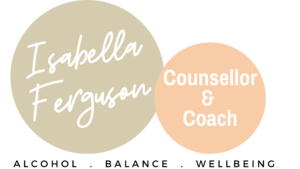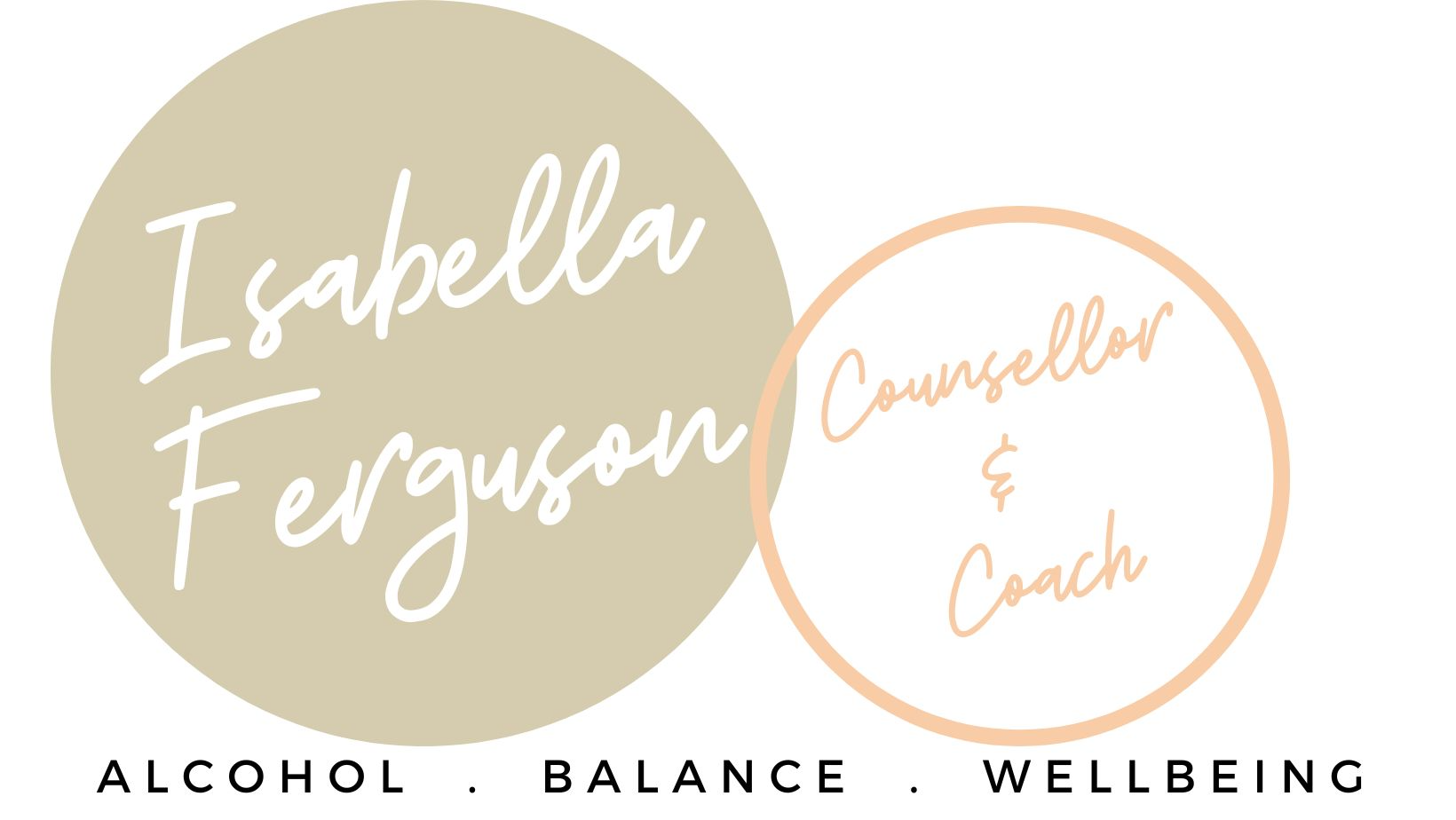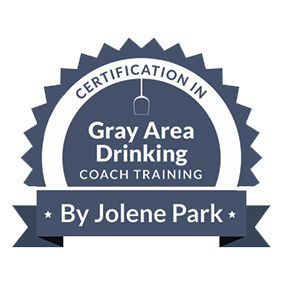An Integrative Approach to Stress With Dr. Shamistra Barathan
/in Uncategorized /by Isabella Ferguson, Counsellor & CoachChronic stress pervasively and silently affects our physical and mental health. In the latest podcast episode of De-Stress for Success with Dr. Shamistra Barathan, we delve into this complex issue, exploring the often-overlooked aspects of stress, its impact on our bodies, and how we can effectively manage it.
Dr. Shamistra Barathan, an integrative General Practitioner from Melbourne’s Mint Clinic, discusses the significant impact of stress on both mental and physical health, hormonal changes fatigue and burnout.
Dr. Shamistra explains how cortisol, a stress hormone, plays a significant role in a range of negative factors, such as anxiety, lack of sleep, rumination thoughts and even weight gain. The conversation further reveals the benefits of integrative medicine, which provides us with a deeper understanding of our body’s response to stress including the underlying causes of the stress source and how it can aid in managing weight gain.
Integrative medicine offers a comprehensive approach to understanding our body’s stress responses, allowing us to take a proactive stance in managing our health.
The episode concludes with Dr. Shamistra sharing her top three tips in managing stress – deep breathing exercises, monitoring caffeine intake, and sleep quality – as well her personal goto methods of managing her own stress levels – deep breathing, mediation and walking in nature. All of these tips are practical and simple and can be incorporated into our daily schedules today!
Treating burnout and combating stress is a multi-faceted process. It involves setting boundaries, developing a self-care plan, and regularly checking in with ourselves to gauge our stress levels. Understanding the impact of chronic stress on our bodies is the first step towards breaking the stress cycle.
Finally, the podcast episode explores how listeners can access the resources at Mint Clinic to start their journey into integrative medicine. This includes online consultations, ebooks, and other valuable resources.
In conclusion, the podcast episode provides a comprehensive understanding of chronic stress and practical strategies to combat it. As we navigate through life’s challenges, it’s crucial to equip ourselves with the knowledge and tools necessary to maintain our mental and physical well-being.
DR BARATHAN, MINT CLINIC
If you are after an integrative approach to your health, consider exploring Mint Clinic’s website at https://mintclinic.com.au. Online consultations for those of us living outside of Melbourne are also provided.
ISABELLA FERGUSON
Learn more about the services I offer, including online resources and courses: https://isabellaferguson.com.au
30 MINUTE NO OBLIGATION INTRODUCTORY CALL
SIGNATURE 6 WEEK ALCOHOL FREE ONLINE SELF-PACED CHALLENGE
Learn more: https://resources.isabellaferguson.com.au/thealcoholrevolution
FOLLOW ME
instagram: @alcoholandstresswithisabella
linkedin: www.linkedin.com/in/isabella-ferguson-52022b242
What is your attachment style and why can it explain why you drink?
/in Blog, Uncategorized /by Isabella Ferguson, Counsellor & CoachDid you know that your attachment style can explain why you drink the way you do?
I used to roll my eyes when counsellors asked “that question”: “What is your relationship with your parents like?”. Now I cut right to the chase in my private practice and spend quite a bit of time here with my clients.
Attachment theory describes the way you bond and connect with others particularly your most intimate relationships. This in turn dictates how you have learned to cope with stress. As connection is often said to be the anecdote to addiction and you often drink to manage stress, learning about your attachment style can reveal so much about your stress response patterns and why you use alcohol to cope with life.
Attachment Styles
Broad descriptions of the four attachments styles are set out below. Please be mindful that most people have a combination of tendencies from each of these styles so you might have a mixed style.
As a general statement these styles flow from generation to generation. So, when considering your own attachment style consider how your parents connected with you and responded to your needs growing up.
Secure Attachment style
Low avoidance and low anxiety tendencies. Comfortably independent and autonomous. Relaxed with intimacy and not vigilant about with abandonment or rejection. Can reach out and seek help from others when needed and can also be a reliable source of support for others as well. Trusting, empathetic, forgiving, and tolerant of differences. Open communication style while being able to pick up on nonverbal context clues. Looking back your parents are/were sensitive, warm, and in-tune with your emotions and needs.
Avoidant attachment style
High avoidance and low anxiety tendencies. Often indifferent, dismissive and uncomfortable with intimacy. Seems emotionally reserved and distant and seeks out freedom and independence rather than togetherness or closeness. Remote and aloof communication style that tend to be less feelings-based and more focussed on logic, rationalising. Stoic, self-sufficient and avoids conflict. Conflict will be held off until it cannot be held in and can erupt with uncontainable anger. Looking back, your parents were often emotionally unavailable, avoidant and often disengaged from your signals that you needed comfort (they may have had an avoidant attachment style too).
Anxious attachment style
Low avoidance and high anxiety tendencies. Preoccupied with the desire to be close to and connect with friends or with an intimate partner but the process is incredibly anxious-provoking and stimulates feelings of insecurity. Presents as “needy” and hyper-vigilant about rejection and abandonment. Holds grudges, takes things personally and is very sensitive to a partner’s mood or actions. Highly emotional and combative. Lacks personal boundaries and can have people-pleasing tendencies. Communication style is deflective and has a hard time accepting blame. Looking back, your parents were inconsistent with the attention they gave you causing you to feel anxiously attached and uncertain of what mood and behaviour your parents would be in from day to day.
Disorganised attachment style
High avoidance and high anxiety tendencies. Uncomfortable with closeness and intimacy. Cautious and untrusting of others in a relationship. Unresolved emotions make you frightened by past experiences and traumas that have not been emotionally resolved. Difficulty with emotional intimacy. Can be argumentative and often abusive to partners or loved ones. Antisocial tendencies and can be aggressive and unremorseful. Often from depression. Looking back, your parents may have emotionally or physically mistreated you as a child, withholding attention and love. This in turn resulted in you having a disorganised attachment to others and potentially being susceptible to becoming the victim of abusers.
Which style do you believe reflects your predominant attachment style?
Please note that healthy and secure attachment styles are not as common as you think so please do not feel ashamed or disheartened to discover that you have not developed this style. Instead, it is opportunity to go easy on yourself and view your coping mechanisms from a new compassionate perspective and grow from there.
Wat does is mean when it comes to your drinking behaviour?
A person with healthy secure attachments develop healthy characteristic such as empathy, resilience, adaptability and the ability to trust others making them better equipped to manage stress, to verbally and non-verbally communicate with others and maintain healthy boundaries.
Those with avoidant, anxious, or disorganised attachment styles have not had the opportunity to develop these healthy characteristics and struggle to maintain healthy boundaries and interpersonal relationships. As a result, they endure a lot of frustration, pain and stress attempting to connect with and be accepted by others.
Importantly, those with secure attachments tend to more easily manage the stresses of life whereas those with insecure attachments are less likely to cope well and more likely to use alcohol to deal with emotional stress, develop alcohol use disorders, eating disorders and mental health issues.
In summary, both anxious and avoidant attachment styles find establishing and maintaining intimate relationships and friendships challenging. They can find themselves lonely and reactive in stressful situations, turning to alcohol for relief. Alcohol can fill the void created by a lack of meaningful connection.
If you have an alcohol use disorder it can be really helpful to reflect on your upbringing and identify your present attachment style (or styles) to examine if your use of alcohol is explained by an insecure attachment style and a consequential lack of ability to cope with stress generally or emotional distress arising from loneliness or dysfunctional relationships.
Possessing this awareness can provide great relief because it provides space for understanding and compassion for your behavioural and emotional responses and why you might be (sometimes unknowingly) self-medicating with alcohol.
Moreover, this is the starting point for transforming an unhealthy attachment style into a healthy secure style. The good news is that your style is malleable and can be changed with some focus and cognitive work.
Going forward
If you would like some help to drink less consider:
- booking in a confidential no obligation discovery call with me to discuss how I can support you, or
- join the Alcohol Revolution Program, an online self-guided course.
Isabella Ferguson
Shaun Palmer’s Story: From Survival to Revival and Beyond
/in Podcast, Uncategorized /by Isabella Ferguson, Counsellor & CoachShaun Palmer defeated alcohol when the odds were stacked against him. Alcohol provided the anaesthetic he was looking for at a young age to numb and escape from the trauma of growing up with domestic violence and a father with a sever alcoholic use disorder in the family home. He quickly moved out and immersed himself in his new career in the hospitality industry and then later in the fly-in-fly-out mining industry where he found drinking was entrenched and revered. Following a family tragedy, Shaun miraculously turned his life around. His sheer focus and dedication to becoming sober is compelling. Shaun’s story may have started with heartbreak, but it now certainly speaks of revival and joy of the life he has created. He provides direct insight into a male’s experience of transforming from a big drinker into an alcohol-free man in Australian culture. It certainly wasn’t all plain sailing and he intentionally altered where and how he socialised in order to succeed on his sober mission but any losses have clearly been overshadowed by all the gains. Please tune in for this wonderful and informative episode.
Shaun Palmer is the founder and coach of Revive Sobriety Coaching and can be found at: www.revivesobrietycoaching.com
Episode 9, Merry Christmas!
/in Podcast, Uncategorized /by Isabella Ferguson, Counsellor & CoachIn this episode, in addition to a few belly laughs, we offer some tips to attempt to get through Christmas as unscathed as possible! From frocks, mocks and hammocks to embracing the imperfections of Christmas, from picking and choosing your own Christmas adventures to jumping off those social media accounts that do not serve you doing this period, choose what Christmas can offer you and not what you can offer Christmas (and that may be asking for some light relief like a family member getting caught in the Christmas tree… again…!). Join us for a giggle. Oh and merry Christmas everyone! Big hugs from Meg & Bella x
Episode 7, Drinking to relieve stress and boredom?
/in Uncategorized /by Isabella Ferguson, Counsellor & CoachMeg & Bella examine whether drinking actually relieves stress and boredom? Of course it doesn’t! It exacerbates both. We shine a light on how drinking makes you more stressed and anxious over time. We also look at how drinking shrinks your world and makes you more boring and bored. Yet so many of us look to alcohol to escape these uncomfortable feelings. Reframing these beliefs is part of the work to finding freedom from alcohol (and striving towards a life full of healthier coping methods, passion, purpose and playfulness)!
Episode 5, Sober First Socialising!
/in Uncategorized /by Isabella Ferguson, Counsellor & CoachMeg and Bella discuss three of their most memorable sober first socialising moments, including 30-year reunions, date nights, live bands and Christmas work parties, delving into the good, the bad and the excruciating, but most importantly they share the learning experiences they gained from these moments. It’s a long-ish episode, but we encourage you to listen through to the end where Meg and Bella each reveal their top tools and tips to help others push through these sober first encounters. You are not alone.





